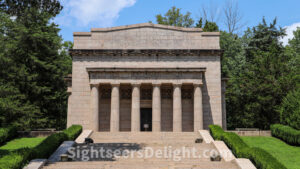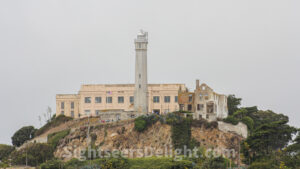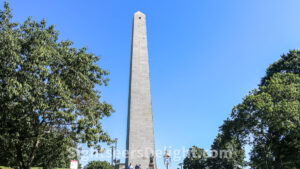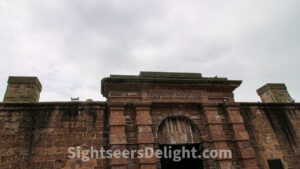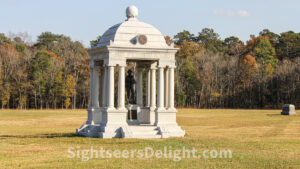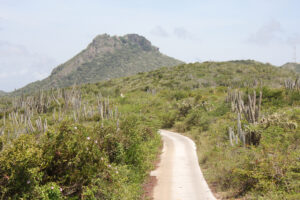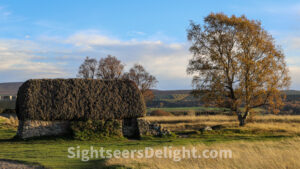Abraham Lincoln Birthplace National Historical Park preserves two farm sites near Hodgenville, Kentucky, in LaRue County: the site where Abraham Lincoln was born and the site where he spent his early childhood years.
42748
The Rock is more myth than reality. Still, the former federal penitentiary attracts more than 1 million visitors annually as a museum. Some of the country’s most notorious criminals were incarcerated on The Rock at one time or another. Several tried to escape, but none were successful. Or, were they? Even though the prison closed in the 1960s, its stories about remain legendary to this day.
94122
Badlands National Park in southwestern South Dakota covers 242,756 acres of sharply eroded buttes and pinnacles. It contains the largest undisturbed mixed grass prairie in the United States. Originally established as Badlands National Monument on March 4, 1929, it wasn’t officially designated as a national park until November 10, 1978.
The Bunker Hill Monument was constructed to memorialize the June 17, 1775, Battle of Bunker Hill, one of the first major battles between British and Patriot forces during the American Revolution. The 221-foot-tall obelisk was erected between 1825 and 1843 in Charlestown, using granite from nearby Quincy. The Bunker Hill Museum, dedicated in June 2007, features exhibits about the battle.
02129
Castle Clinton, also known as Fort Clinton and previously Castle Garden, is a circular sandstone fort located in what is today Battery Park. The structure sits roughly two blocks west of where Fort Amsterdam was built in 1626. At the time, New York City was still named New Amsterdam. Construction on Castle Clinton started in 1808 and finished in 1811; it was built on a small artificial island just offshore. The structure was America’s first immigration station and predates Ellis Island. More than 8 million immigrants passed through Castle Clinton while entering the United States between 1855 and 1890.
10004
Designated as a unit of the National Park System in 1978, the Chattahoochee River National Recreation Area preserves and protects the natural and cultural resources of the 48-mile Chattahoochee River corridor from Buford Dam to Peachtree Creek. The park annually welcomes more than 3,000,000 visitors.
Chickamauga and Chattanooga National Military Park preserves the sites of two major battles of the American Civil War: the Battle of Chickamauga and the Chattanooga Campaign.
30742
Christoffelpark is the largest national park on Curaçao and features a variety of local flora and fauna, including wild orchids, the Palabrua, the rare native barn owl and the Curaçao White Tailed deer. The park, which was officially handed made a national park in 1978, is home to eight hiking trails.
Death Valley National Park straddles the California-Nevada border. Located east of the Sierra Nevada, the 3.3 million-acre national park occupies an interface zone between the arid Great Basin and Mojave deserts in the United States.

